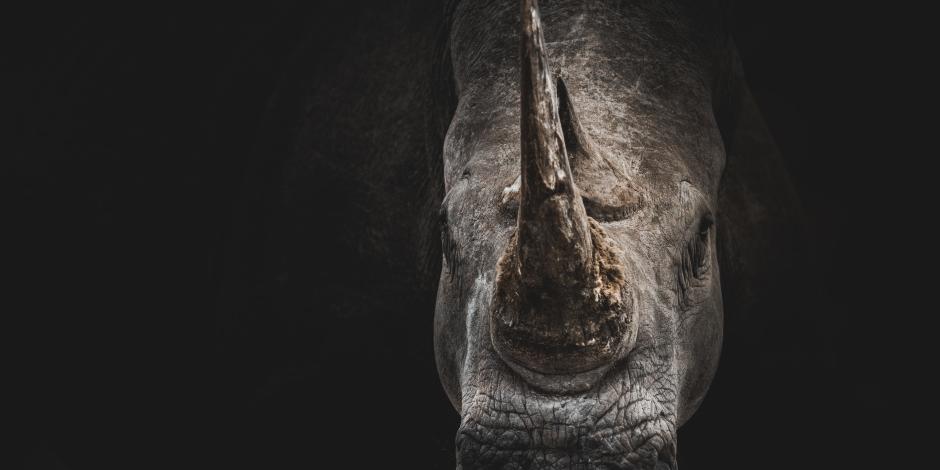Starten Sie den Audio-Text
Mit dem Audio-Player können Sie sich den Text anhören. Darunter finden Sie das Transkript.
The listening exercises in Business Spotlight Plus (p. 5) are based on the article “Work on the wild side” (Names & News, p. 9). Here, we provide you with the audio file and transcript.
Click here to open the transcript
Work on the wild side
At 22,400 square kilometres, the Kafue is Zambia’s largest and oldest national park and home to a wide range of wildlife. It’s where Neddy Mulimo has to dedicate sth.etw. widmendedicated over 35 years of his life to protecting Africa’s native animals. Mulimo is a Ranger Support Manager with the NGO game(Jagd-)WildGame Rangers International. In 2022, the Tusk Trust named him “Ranger of the Year”.
Being a park ranger in Africa is a tough and dangerous job. Rangers risk their lives facing armed poacherWilderer/Wilderinpoachers, not to mention the presence of deadlytödlich, todbringenddeadly predatorRaubtierpredators — unappreciativeundankbarunappreciative of the service the rangers do for them. Mulimo has also had malaria several times in the course of his work. Today, the 66-year-old to mentor sb.jmdn. betreuen, beratenmentors young rangers and helps to improve anti-poaching tactics.
The international illegal wildlife trade (IWT) is worth between $7 billionMilliarde(n)billion and $23 billion a year. Rhino horn, for example, is often more valuable than gold. Demand for IWT products comes primarilyhauptsächlichprimarily from Asia, but it is people from local communities who enable it. Mulimo told the magazine Country & Town House: “The best way to combat poaching is through community engagement, through sensitizationSensibilisierung, Bewusstseinsschärfungsensitization and the formation of conservationErhaltung; hier: Naturschutzconservation groups in schools.”


